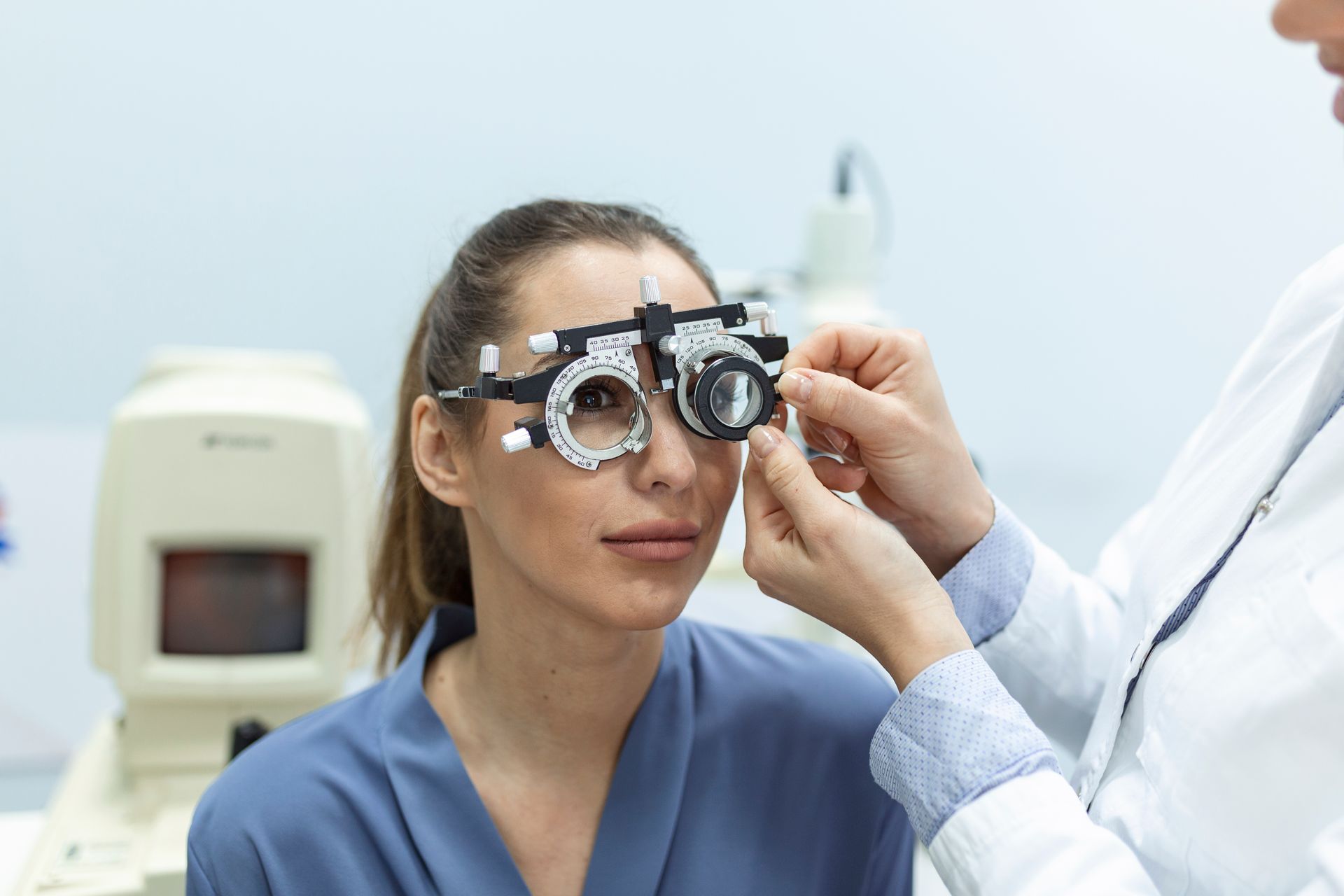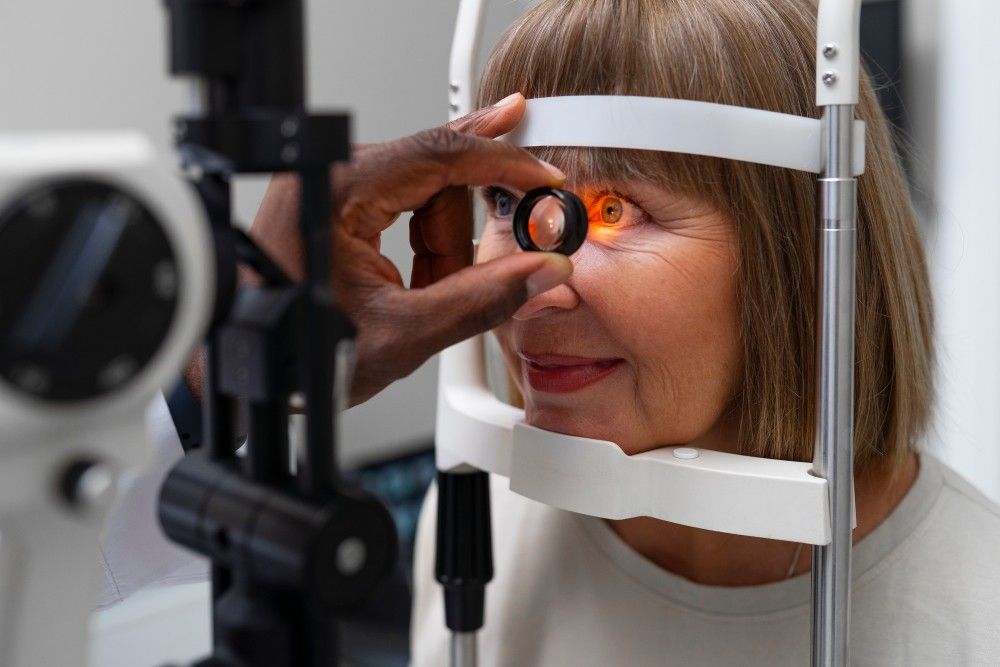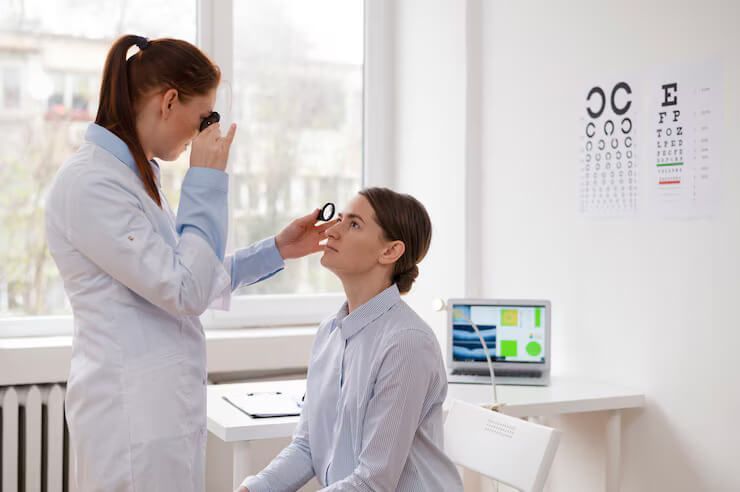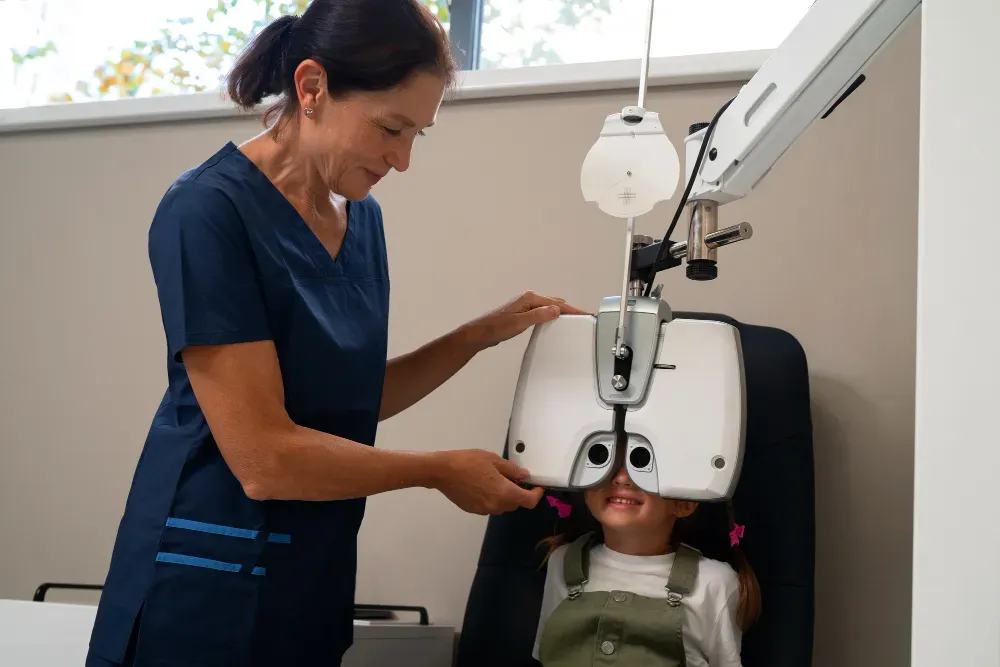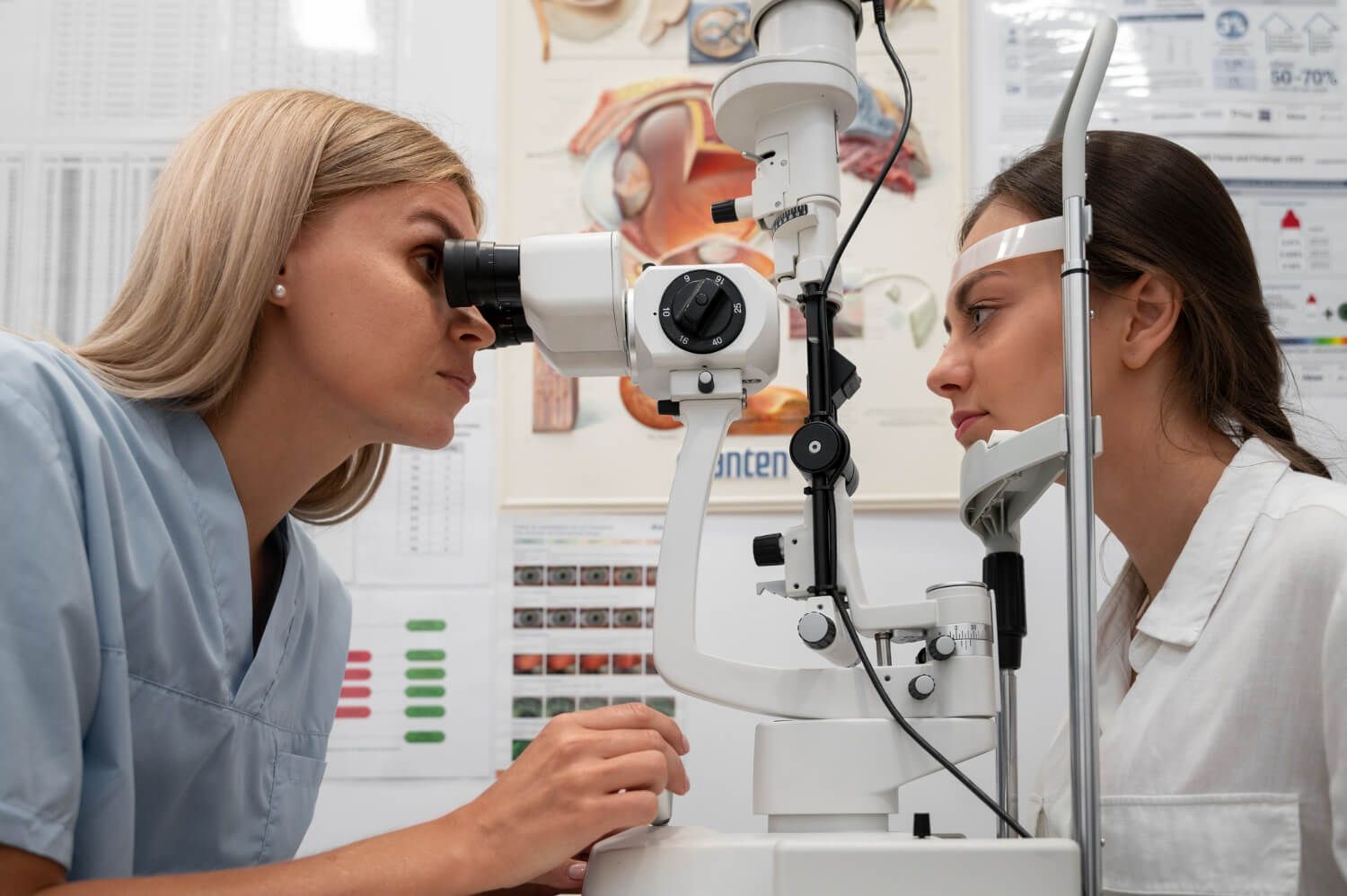Tips to Avoid Foggy Glasses
As the seasons change and temperatures fluctuate, many eyeglass wearers face a common nuisance: foggy lenses. Whether you're stepping out into the crisp air of autumn or entering a warm room on a chilly winter day, foggy glasses can obscure your vision and hinder your daily activities. At Hill Country Eye Center, we understand the frustration foggy glasses can bring, which is why we're here to share some helpful tips to keep your lenses clear and your vision sharp.
Understanding the Cause:
To effectively combat foggy glasses, it's essential to understand why they occur in the first place. Fog forms on your lenses when warm, moist air comes into contact with a cooler surface, causing condensation. This often happens when transitioning between different temperatures, such as moving from outdoors to indoors or vice versa. Additionally, wearing a mask can exacerbate the issue by directing warm breath upward toward your glasses.
Tips to Avoid Foggy Glasses:
- Proper Mask Fit: When wearing a mask, ensure it fits snugly over your nose and cheeks to minimize the amount of warm air that escapes upward toward your glasses. Consider using a mask with a nose wire to help seal the top edge and reduce fogging.
- Anti-Fog Products: Invest in anti-fog products specifically designed for eyeglasses. These products create a thin barrier on your lenses that helps prevent condensation from forming. Simply apply the product according to the manufacturer's instructions for long-lasting fog-free vision.
- Adjust Your Frames: Properly positioning your glasses can make a difference in reducing fogging. Position your frames slightly lower on your nose to allow more air circulation, which can help prevent moisture buildup.
- Treat Lenses with a Soap Solution: A simple and effective DIY solution involves washing your glasses with mild soap and water, then gently drying them with a clean, lint-free cloth. The soap leaves behind a thin film that helps repel moisture, keeping your lenses clear for longer periods.
- Consider Anti-Reflective Coatings: Anti-reflective coatings not only reduce glare and improve clarity but also help minimize fogging by allowing more light to pass through your lenses. Talk to your eye care professional about adding this beneficial coating to your glasses.
At Hill Country Eye Center, we believe that clear vision is essential for a fulfilling life. By implementing these tips, you can effectively combat foggy glasses and enjoy uninterrupted vision throughout your day. However, if you continue to experience persistent fogging or other vision concerns, we recommend scheduling an appointment with one of our experienced eye care professionals for personalized guidance and assistance. Don't let foggy glasses cloud your view – take proactive steps to keep your vision clear and focused on what matters most.
